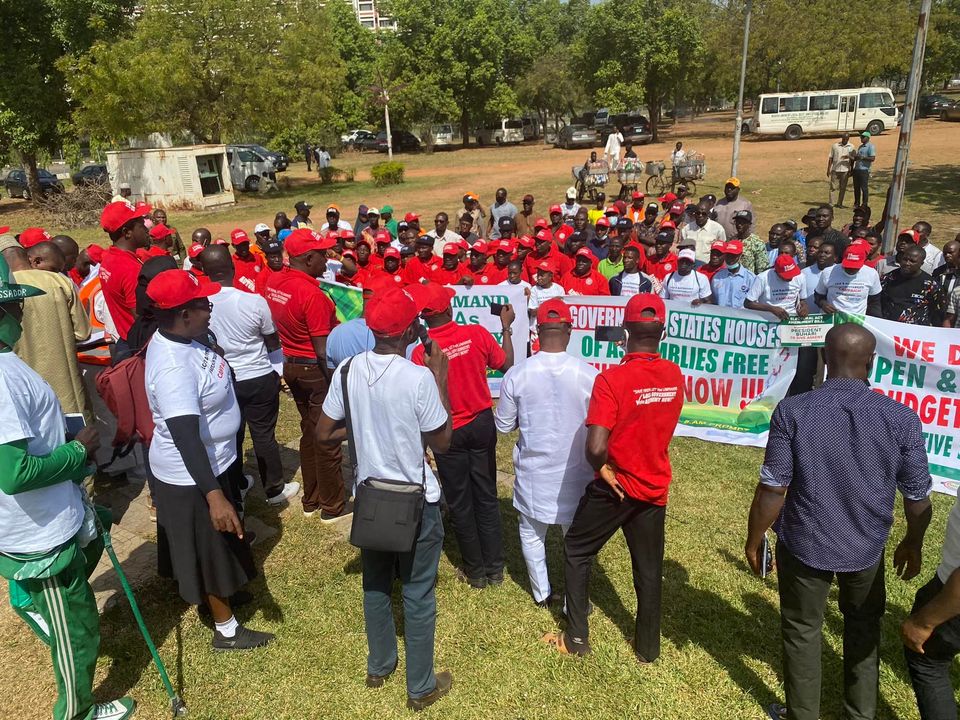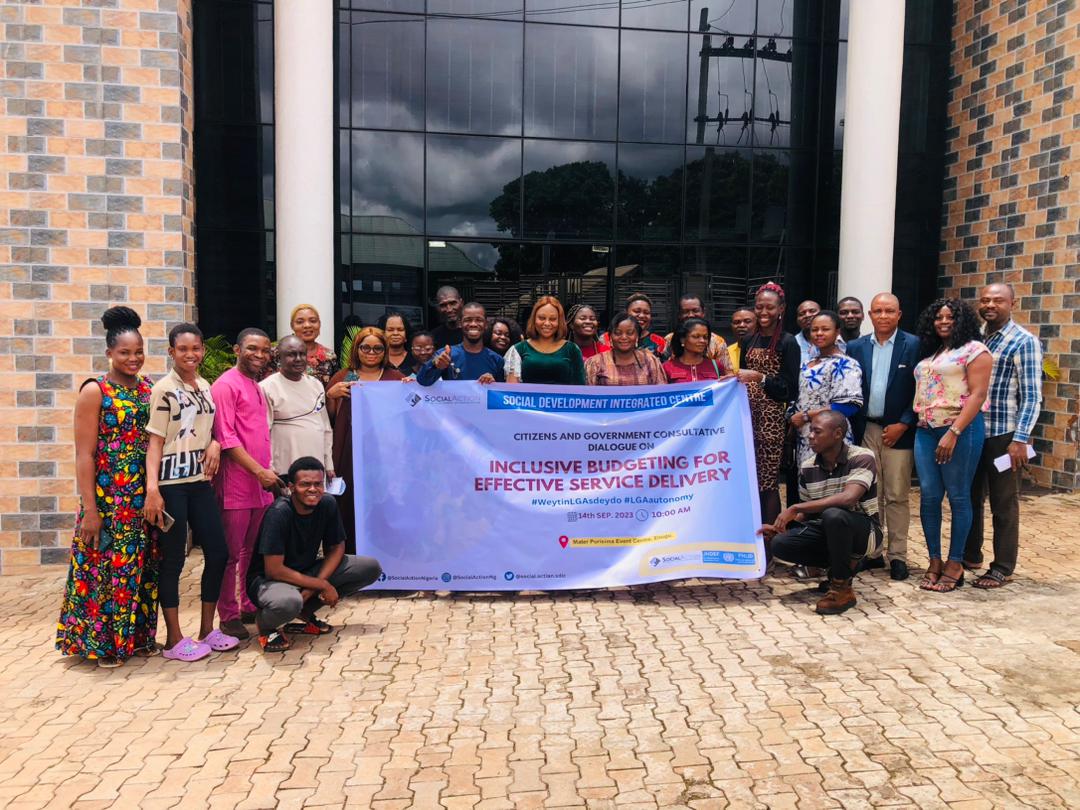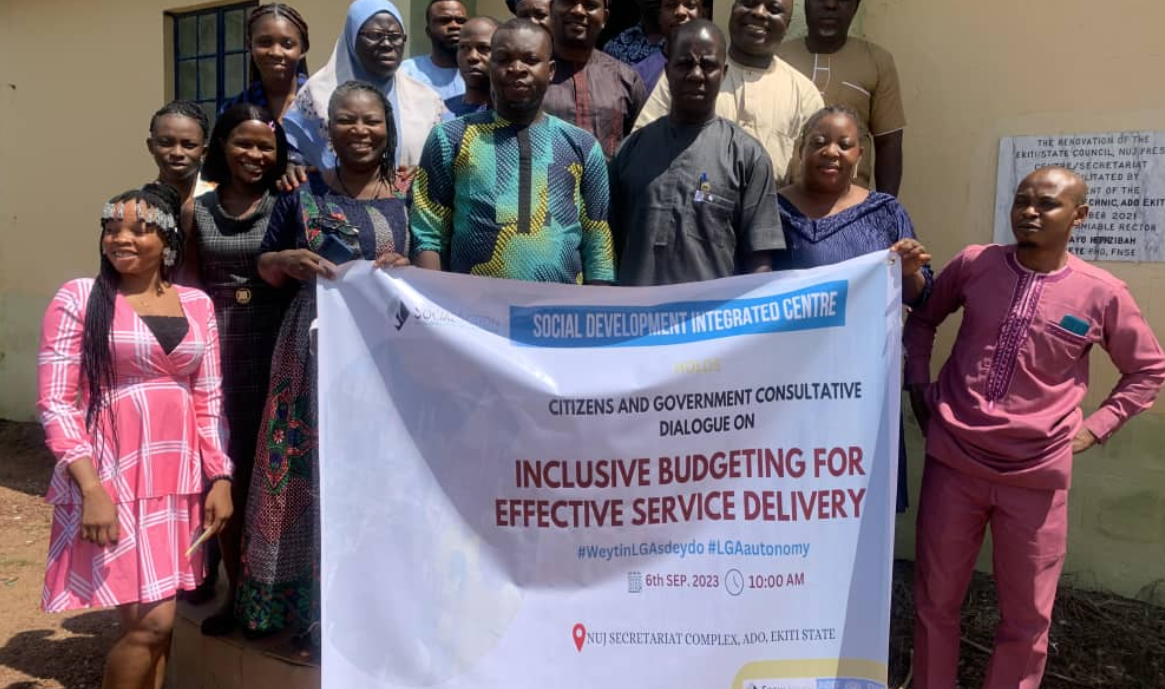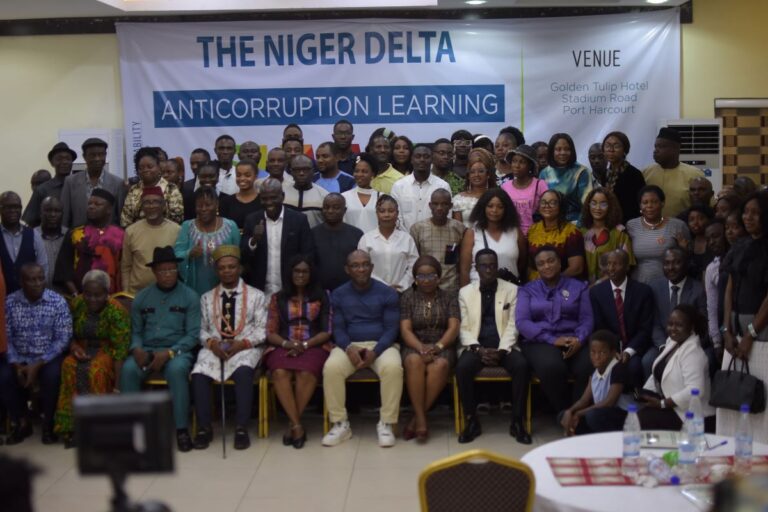Achieving Local Government Autonomy in Nigeria: A Judicial Milestone and Legislative Imperative
In a landmark decision, the Supreme Court of Nigeria has declared that funds allocated to local governments must be remitted directly to them by the Federal Government. This ruling marks a significant step toward the long-sought goal of local government autonomy, a cause championed by Social Action and other advocacy groups for years.
The Supreme Court’s ruling mandates that the Federal Government must remit funds directly to local governments, bypassing state governments and Joint Local Government Account. This decision arose from a case instituted by the Federal Government against 36 state the governors of Nigeria, seeking to enforce fiscal autonomy for local governments. This ruling made by a seven man panel of judges and delivered by Justice Emmanuel Agim, held that the local governments across the country should, from Thursday 11th July 2024, receive their allocations directly from the Accountant-General of the Federation.
While this judicial victory is crucial, it represents only a partial success in the broader quest for comprehensive administrative and fiscal autonomy for local governments. True and lasting autonomy can only be secured through legislative action—a mission that Social Action has tirelessly pursued through various means of advocacy and engagement.
The Role of Social Action in Advocating for Local Government Autonomy
Social Action has been at the forefront of advocating for administrative and fiscal autonomy for local governments in Nigeria, employing a multifaceted approach to push for legislative amendments and broader public awareness. The organization’s efforts have included town hall meetings, radio discussion programs, online promotions, and collaborations with key bodies such as the Association of Local Governments of Nigeria (ALGON) and the Nigeria Union of Local Government Employees (NULGE).
In 2022, Social Action partnered with NULGE to make a significant presentation to the National Assembly, advocating for constitutional amendments to enable true local government autonomy. Despite generating wide interest and support, the initiative fell short of securing the required 24 state votes for constitutional amendment, with only 18 state houses of assembly endorsing the proposal before the expiration of the 9th Assembly.

The Legislative Imperative for Local Government Autonomy
While the Supreme Court ruling is a pivotal development, achieving total victory in the quest for local government autonomy requires legislative action. Several key legislative changes are essential to ensure a truly autonomous and accountable local government system:
Amendment of Section 162 Subsections 5 and 6 of the Constitution
Section 162(5) and (6) of the Nigerian Constitution must be amended to align with the Supreme Court’s recent pronouncement. Without these amendments, there is a high likelihood of continued litigation from state governments seeking to interpret these sections in ways that could undermine the autonomy of local governments. The current constitutional provisions allow state governments considerable control over local government funds, which has been a significant barrier to fiscal autonomy.
Transfer of Local Government Election Conduct to INEC
Another critical legislative change is the amendment of the constitution to expunge the State Independent Electoral Commissions (SIECs) and transfer the responsibility of conducting local government elections to the Independent National Electoral Commission (INEC). The current system, where SIECs are responsible for local elections, often results in state governors manipulating the process to install their cronies as local government chairmen. This practice undermines the democratic process and perpetuates the control of state governments over local governments. By transferring this responsibility to INEC, local government elections can be conducted more fairly and transparently.
Mandating Citizen Participation in the Budget Process
To ensure accountability and transparency at the local government level, legislation should be enacted to mandate citizen participation in the budget process and make budget documents proactively and readily accessible to the public. Without such measures, there is a risk that local government officials could become another layer of political elites, mismanaging funds meant for community development. Encouraging citizen engagement in the budget process is crucial for holding elected representatives accountable and ensuring that local governments serve the interests of their constituents.
Additional Recommendations for Ensuring Local Government Accountability
Beyond the aforementioned legislative changes, several other measures can contribute to a more accountable and autonomous local government system in Nigeria:
1. Strengthening Oversight Mechanisms: Establish robust oversight bodies to monitor the activities and expenditures of local governments. These bodies should be independent and have the authority to investigate and prosecute cases of corruption and mismanagement.
2. Capacity Building for Local Government Officials: Invest in training and capacity-building programs for local government officials to enhance their administrative and financial management skills. Well-trained officials are more likely to manage resources effectively and deliver quality services to their communities.
3. Promoting Transparency through Technology: Leverage technology to promote transparency and accountability in local government operations. For instance, creating online platforms where citizens can access information about local government projects, budgets, and expenditures can foster greater transparency and public scrutiny.
4. Encouraging Community-Based Monitoring: Empower community-based organizations and civil society groups to monitor local government projects and activities. These groups can provide valuable feedback and act as watchdogs to ensure that local governments are responsive to the needs of their communities.
5. Enhancing Revenue Generation at the Local Level: Local governments should be encouraged and supported to develop their revenue-generating capacities. This can reduce their dependence on federal allocations and increase their financial autonomy. Possible revenue sources include local taxes, fees for services, and public-private partnerships for local development projects.
Conclusion
The Supreme Court’s ruling on the direct remittance of funds to local governments is a significant milestone in the quest for local government autonomy in Nigeria. However, this judicial victory is only part of the solution. Comprehensive legislative reforms are essential to achieve true administrative and fiscal autonomy for local governments. Social Action remains committed to this cause, continuing its advocacy efforts and collaborating with stakeholders to push for the necessary constitutional amendments and legislative changes.
By amending key constitutional provisions, transferring the conduct of local government elections to INEC, mandating citizen participation in the budget process, and implementing additional measures to ensure accountability, Nigeria can create a truly autonomous and effective local government system. Such a system will not only enhance local governance but also contribute to the overall development and well-being of communities across the country.








